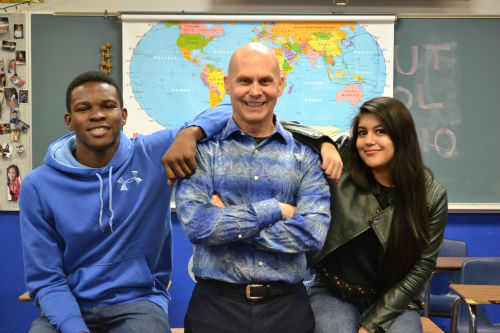
DR. Tracey C. Burns is a Project Leader at the OECD’s Centre for Educational Research and Innovation, Directorate for Education and Skills in Paris (@OECD_Edu). She is considered a global expert on the subject of bullying. She notes “there is a huge amount of political attention being paid to the issue” and she summarizes this serious global problem as follows:
- In terms of prevalence, the bottom line is that it appears that traditional forms of bullying are remaining steady in terms of frequency while cyber bullying is increasing, although it is still not as common as face to face bullying.
- Los matones, motivated to enhance their status among their peers, bully in front of witnesses, whose approval (or at least tacit silence) Es crucial. They tend to choose their victims from those who sit in the bottom line of the social ledger, those least able to fight back. And it works, both to raise the popularity of the bully and to hurt the victim.
- There are several commonly accepted myths about the causes of bullying for which there is no supporting evidence. These include claims that bullying stems from large class or school sizes, competition for grades, or other school life pressures. Another common assumption is that bullies suffer from poor self-esteem and insecurity.
Qué se puede hacer? Le pedimos a nuestro Top 12 Bloggers Global maestros que compartan sus respuestas a esta pregunta: ¿Cuáles son varias maneras reales que han visto reducida intimidación?
Referido por Top 12 Global Blogger Todd Finley (finleyt), James Alan Sturtevant (jamessturtevant), Social Studies teacher at Big Walnut High School in Sunbury, Ohio and Author of You’ve Gotta Connect, makes the bold recommendation that reaching out to bullies can sometimes be as important as punishment. In his words, “Harsh consequences don’t always work, can make bullies worse, and sometimes evoke retribution for unfortunate victims.” Reaching out does not mean excusing but remaining in stealth dialogue to foster potential positive influence. Leer más.
Paulina Hawkins (PaulineDHawkins), autor de Core Poco frecuentes: 25 Maneras de ayudar a su hijo a tener éxito en un Sistema Educativo Cortador de la galleta, says the only way to reduce bullying is to be a good role model in your treatment of others, as a parent or teacher. She cautions, “The anti-bullying programs in schools will have little influence on students if the adults in their lives are not teaching and modeling respect.” Leer más.
Adam Steiner (steineredtech) dispels myths about cyberbullying and provides much needed pragmatic advice to school administrators. One of many gems is that no school, no matter how genial it is in real life, is exempt from online bullying. Leer más.
Desde Australia, Lisa Currie (RippleKindness), Creador del Proyecto Generosidad Ripple, provided two insightful articles this month. The first proposes that social and emotional learning must be emphasized in schools to reduce bullying. Rather than merely blaming the bully, other factors must be looked into-such as a lack of character building education. Leer más.
Lisa’s second article elaborates on the beneficiality of emotional learning by pointing to studies that show how the practice of kindness not only produces joy but also reduces bullying in schools. Leer más.
Vicki Davis (coolcatteacher) uses personal experience to give surefire ways to nip bullying in the bud. One of her advisements is to form allies with peers. Her real world advice will be a must to concerned students. Leer más.
De Nueva Zelanda, Craig Kemp (mrkempnz) offers three tools that parents and administrators will find very assuring in combating bullying. One is creating a culture of trust from the top down, another is educating parents. He provides useful tips for how to get started in this process. Leer más.
Tom Bennett (@ Tombennett71), Joe Bower, Susan Bowles (FloridaKteacher), Lisa Currie, Vicki Davis, Todd Finley, Paulina Hawkins, Craig Kemp, Karen Lirenman (KLirenman), Adam Steiner, Silvia Tolisano (langwitches), y Richard Wells (iPadWells) son La Búsqueda Global para la Educación 2014 Top 12 Global bloggers Maestro.
Our special thanks to Dr. Tracey Burns at the OECD in Paris. Para obtener más información: http://oecdeducationtoday.blogspot.fr/2014/10/combatting-bullying-in-schools.html y http://www.oecd.org/edu/ceri/Spotlight%205-%20Infinite%20Connections.pdf
(Lead Photograph featuring TJ Coates and Dorali Arambula with James Alan Sturtevant is courtesy of Caroline Prater)
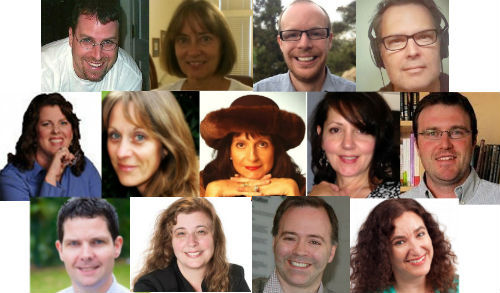

Únete a mí y reconocidos a nivel mundial los líderes de opinión, incluyendo a Sir Michael Barber (Reino Unido), DR. Michael Bloquear (EE.UU.), DR. Leon Botstein (EE.UU.), Profesor Clay Christensen (EE.UU.), DR. Linda Darling-Hammond (EE.UU.), DR. MadhavChavan (India), El profesor Michael Fullan (Canada), El profesor Howard Gardner (EE.UU.), El profesor Andy Hargreaves (EE.UU.), Profesor Yvonne Hellman (Países Bajos), Profesor Kristin Helstad (Noruega), Jean Hendrickson (EE.UU.), Profesor Rose Hipkins (Nueva Zelanda), Profesor Cornelia Hoogland (Canada), Honorable Jeff Johnson (Canada), Señora. Chantal Kaufmann (Bélgica), DR. EijaKauppinen (Finlandia), Secretario TapioKosunen Estado (Finlandia), Profesor Dominique Lafontaine (Bélgica), El profesor Hugh Lauder (Reino Unido), Señor Ken Macdonald (Reino Unido), Profesor Geoff Masters (Australia), Profesor Barry McGaw (Australia), Shiv Nadar (India), Profesor R. Natarajan (India), DR. PAK NG (Singapur), DR. Denise Papa (Estados Unidos), Sridhar Rajagopalan (India), DR. Diane Ravitch (EE.UU.), Richard Wilson Riley (EE.UU.), Sir Ken Robinson (Reino Unido), Profesor Pasi Sahlberg (Finlandia), El profesor Manabu Sato (Japón), Andreas Schleicher (PISA, OCDE), DR. Anthony Seldon (Reino Unido), DR. David Shaffer (EE.UU.), DR. Kirsten Immersive Are (Noruega), Canciller Stephen Spahn (EE.UU.), Yves Theze (LyceeFrancais EE.UU.), Profesor Charles Ungerleider (Canada), Profesor Tony Wagner (EE.UU.), Sir David Watson (Reino Unido), Profesor Dylan Wiliam (Reino Unido), DR. Marcos Wormald (Reino Unido), Profesor Theo Wubbels (Países Bajos), El profesor Michael Young (Reino Unido), y el profesor Zhang Minxuan (De China) a medida que exploran las cuestiones de educación cuadro grande que todas las naciones se enfrentan hoy. La Búsqueda Global para la Educación Comunitaria Página
C. M. Rubin es el autor de dos ampliamente leído serie en línea por la que recibió un 2011 Premio Upton Sinclair, “La Búsqueda Global para la Educación” y “¿Cómo vamos a Leer?” Ella es también el autor de tres libros más vendidos, Incluido The Real Alice in Wonderland, es el editor de CMRubinWorld, y es una Fundación Disruptor Fellow.
Siga C. M. Rubin en Twitter: www.twitter.com/@cmrubinworld

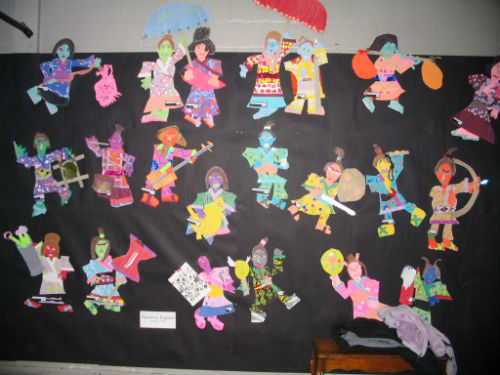
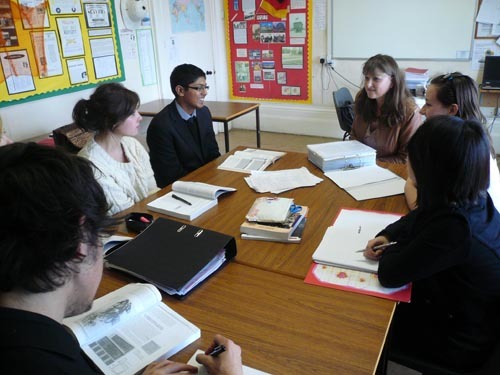

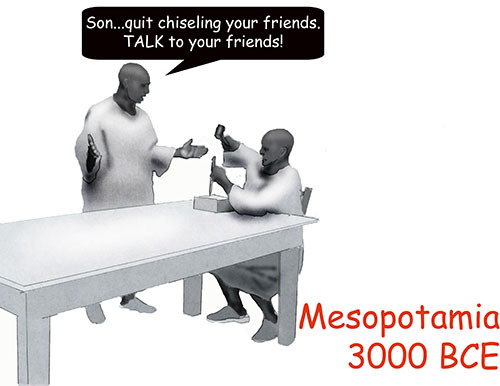
Comentarios recientes